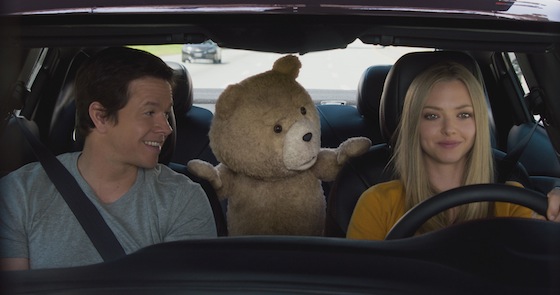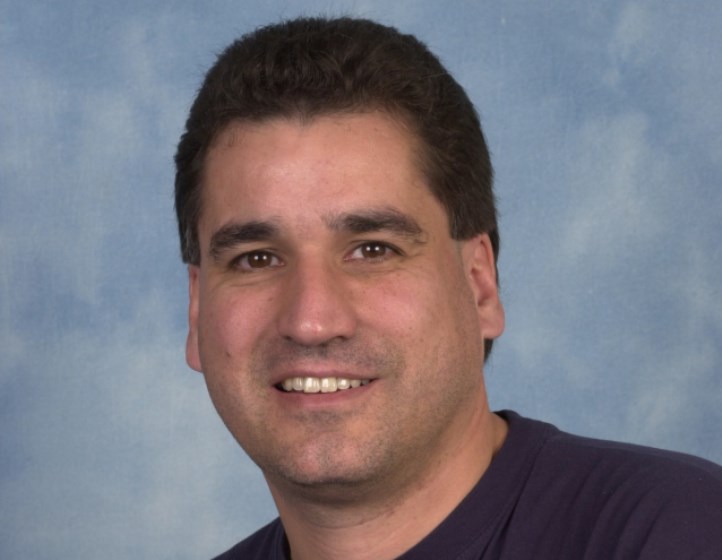A sociologist from De Montfort University Leicester (DMU) has helped confront Hollywood bosses over a controversial scene in blockbuster comedy Ted 2.

Professor Simon Dyson spoke with executives at Universal Studios about a joke made in the hit sequel, which references sickle cell anaemia - an inherited condition which causes red blood cells to develop abnormally.
As a consequence, the studio giant has agreed to run educational programmes on American television to help raise awareness of the condition.
In the movie, directed by Seth Macfarlane, the titular teddy bear and his human friend (played by Mark Wahlberg) visit a sperm bank and, while there, accidentally knock down a shelving unit on which are dozens of donations from men who have genes associated with sickle cell.
The resulting dialogue in the scene has led to widespread criticism of the film from viewers across the world - but particularly those suffering from or working to support those with sickle cell disease.
Professor Dyson, who is nationally recognised for his work looking at the social implications of the condition, was approached by the UK's Sickle Cell Society to advise them in making a complaint to Universal Pictures, which produced the film.
RELATED NEWS
Hundreds of 'hidden' diabetes cases discovered by DMU students
Meet the DMU graduate who has become a double Oscar winner with Big Hero 6
Lights, Camera, Action! DMU students enjoy blockbuster trip to Hollywood
After sending a letter of complaint to the studio, Professor Dyson, together with representatives from the Sickle Cell Society took part in a conference call with Craig Robinson, Chief Diversity Officer at NBC Universal; Peter Cramer, President of Production at Universal Pictures and Cindy Gardner, Senior Vice President, Corporate Affairs at Universal Pictures.

Professor Dyson said: "To be honest, I was surprised that they had agreed to talk to us after we first sent the letter.
"We reiterated the points that information about sickle cell that was misleading, and promoted negative stereotypes of sickle cell that the sickle cell communities struggle hard to combat through education, information and campaigning.
"Mr Robinson told us that by raising the issue it had made him aware for the first time that September is Sickle Cell Awareness month in the USA."
Professor Dyson said following the complaints, Universal had sent an information package on sickle cell anaemia to the managers of all the local TV stations it operated encouraging them to include a programme with interviews with people living with sickle cell anaemia in their Sunday morning schedules for September.
He said: "It is about as positive an outcome as we could have hoped for and I'm glad we could help make a difference."
Posted on Tuesday 8 September 2015